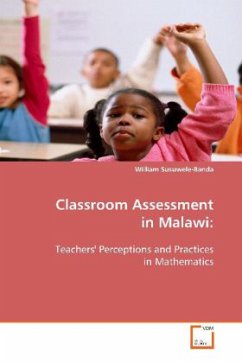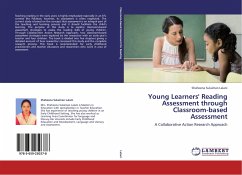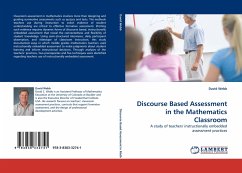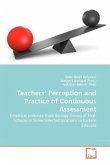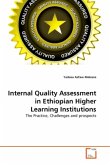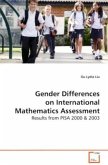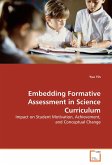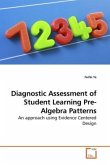There is growing evidence that good classroom
assessment practices have the potential to promote
effective learning and teaching. Through classroom
assessment learners discover their strengths and
weaknesses. Teachers too are informed about what
learners are able to do and ought to learn. Contrary
to this there is also evidence that most teachers do
not or find it difficult to incorporate classroom
assessment in their daily lessons. This book,
explores in detail how perceptions and knowledge of
assessment influence their classroom practices. Four
case studies are presented and at the end of the case
studies a model which summarizes the role of
classroom assessment as derived from the case studies
is presented.
This book is of benefit to practicing teachers,
teacher educators, and teachers in training,
curriculum developers and education policy makers.
Education managers would also find this book
informative and interestingto read
assessment practices have the potential to promote
effective learning and teaching. Through classroom
assessment learners discover their strengths and
weaknesses. Teachers too are informed about what
learners are able to do and ought to learn. Contrary
to this there is also evidence that most teachers do
not or find it difficult to incorporate classroom
assessment in their daily lessons. This book,
explores in detail how perceptions and knowledge of
assessment influence their classroom practices. Four
case studies are presented and at the end of the case
studies a model which summarizes the role of
classroom assessment as derived from the case studies
is presented.
This book is of benefit to practicing teachers,
teacher educators, and teachers in training,
curriculum developers and education policy makers.
Education managers would also find this book
informative and interestingto read

